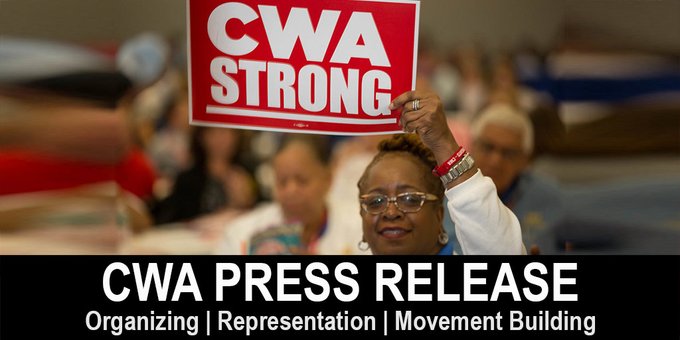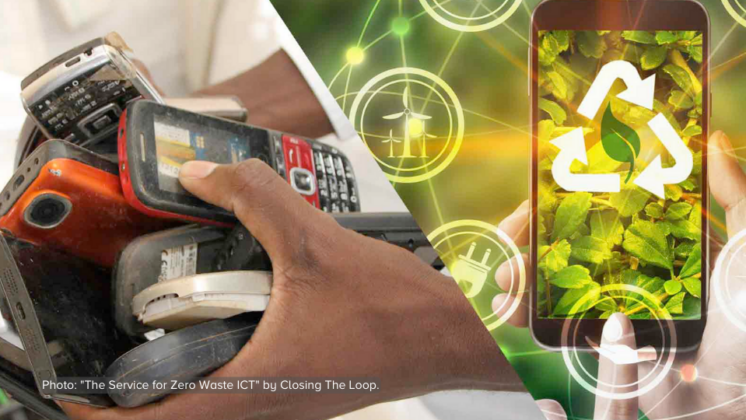E-waste is a critical waste issue globally. The concerns in India are heightened due to rudimentary and environmentally unsafe recycling practices in the informal sector, which leads to massive pollution and toxic releases. Workers involved in dismantling and recycling operations are exposed to various kinds of hazards. Last week, Toxics Link and Cividep organised a roundtable meeting in which they facilitated discussion among e-waste processing units and experts.
E-waste recycling is being seen as a lucrative business, mainly because of the presence of rare and precious metals which have high economic value. Though it is encouraging to see significant growth in the number of formal e-waste recyclers in the country, studies in formal recycling plants in other parts of the world have indicated that there are risks to these workers if safety norms are not followed effectively. Therefore, it is important for the recycling companies to not only ensure protection to the workers, but also educate them on safety norms and procedures. But in absence of proper guidelines or monitoring, are occupational health safety norms in place? In the above context, Toxics Link in collaboration with Cividep organised a roundtable meeting on the 14th of April, in which they facilitated discussion among e-waste processing units and experts to understand the occupational and health safety norms and procedures followed. It provided a platform to all participants for a healthy discussion, knowledge sharing so as to find a way forward in trying to implement environmental safeguards but still maintain occupational safety in the recycling business.
The roundtable was joined by participants from the WHO, Unicef, World Bank, Green Peace and various ministries. The meeting was an enlightening experience as it brought to the fore the fact that labour rights and occupational health and safety measures had largely taken a backseat in discussions on e-waste, in which environment has the main focus at the moment. One of the highlights of the discussion overall was the participation of E-waste recyclers who were genuinely interested in practices that are safe for both the workers and the environment.
The discussions were split into different sessions on the informal and the formal sector in e-waste recycling respectively. The first session was led by a speaker from the ILO, who spoke on the intersection between caste and class and brought to light that the workers engaged in hazardous industries like E-waste recycling were mostly Dalits and /or Muslims. He connected this with the principle of non-discrimination and explained the process of initiating action by the ILO by trade unions and organisations similar to trade unions.
In the second session, CST Sai, Country Operations Manager of PJR India, (Certification Agency for E-waste Recycling Units) spoke about occupational health and safety in the e-waste recycling industry, followed by a speaker from the National Institute of Occupational Health about measures to improve health and safety norms in the Industry, in which the importance of spreading awareness among workers on occupational health and safety was underlined.
The third speaker of the Session, the Director at DGFASLI (Directorate General, Factories Advice Service and Labour Institutes, Ministry of Labour) could not make it to the roundtable. However, he was replaced by a representative from Whirlpool, who did a short presentation on Whirlpool’s practices related to E-waste recycling, inviting comments and feedback from the participants. This ended up being the liveliest session, where participants bombarded him with suggestions and loopholes in the company’s policy.










